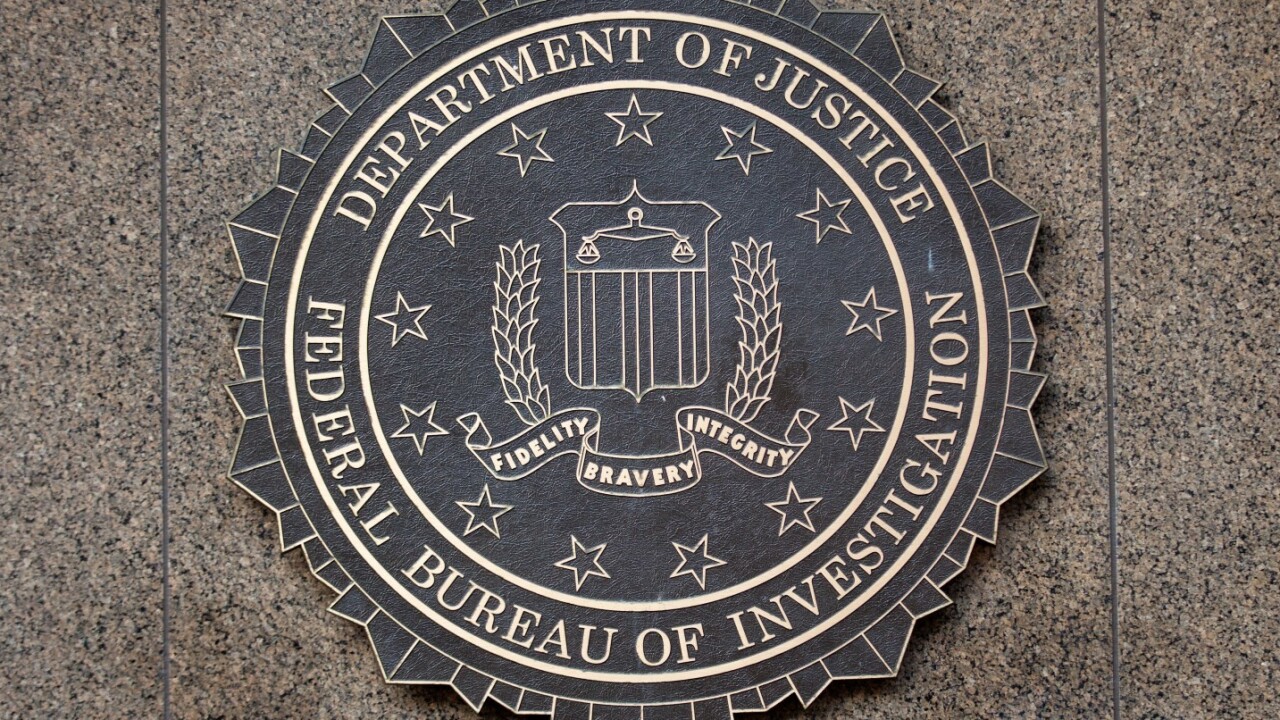
3 days. 72 hours. A weekend of binge-watched ’24’ episodes. That’s how long it took the FBI to agree to put its newfound iPhone hacking skills to use in a case that didn’t involve Syed Farook and fell well outside of the bright lights of the 24-hour news cycle, or congress.
Yesterday, the FBI agreed to help an Arkansas prosecutor unlock two Apple devices — an iPhone and an iPod — to aid in the prosecution of two teenagers accused of murder.
Faulkner County Prosecuting Attorney Cody Hiland confirmed that the FBI agreed to a request from his office to unlock both devices after reaching an evidentiary impasse that required the hearings for Hunter Drexler (18) and Justin Staton (15) to be postponed.
The teens are accused of killing Robert and Patricia Cogdell at their home in Conway, 30 miles north of Little Rock.
After the announcement Monday that the FBI had successfully cracked the San Bernardino iPhone, many outlets (including TNW) took the chance to remind the public that the war wasn’t over and to raise the question: would this new technology be used any of the 63 other cases involving Apple devices law enforcement agencies sought help to access.
It might not be the answer we wanted, but it appears we do have an answer.
It’s also fair to point out that the FBI repeatedly proclaimed that the assistance it was requesting from Apple was for one device (the San Bernardino iPhone) and that it wasn’t looking for a “backdoor” for use in other cases.
The day after the unlock, the Justice Department made another claim: the method used to unlock Syed Farook’s iPhone “only worked on that particular phone,” an iPhone 5c running iOS 9.
While we weren’t able to discover the iPhone model or iOS version in the Arkansas case (and a request for comment wasn’t answered), the introduction of an iPod — which prosecutors claim was used to communicate plans pertaining to the homicide — sheds serious doubt on the DOJ claim.
Get the TNW newsletter
Get the most important tech news in your inbox each week.





